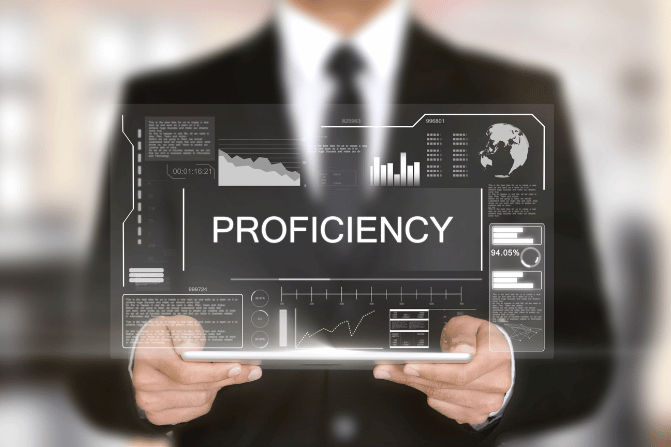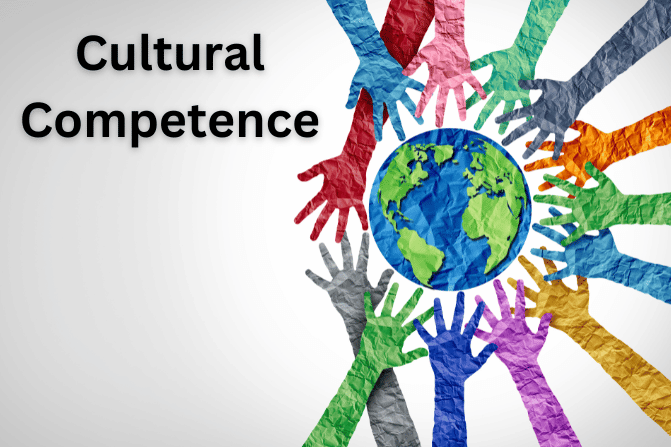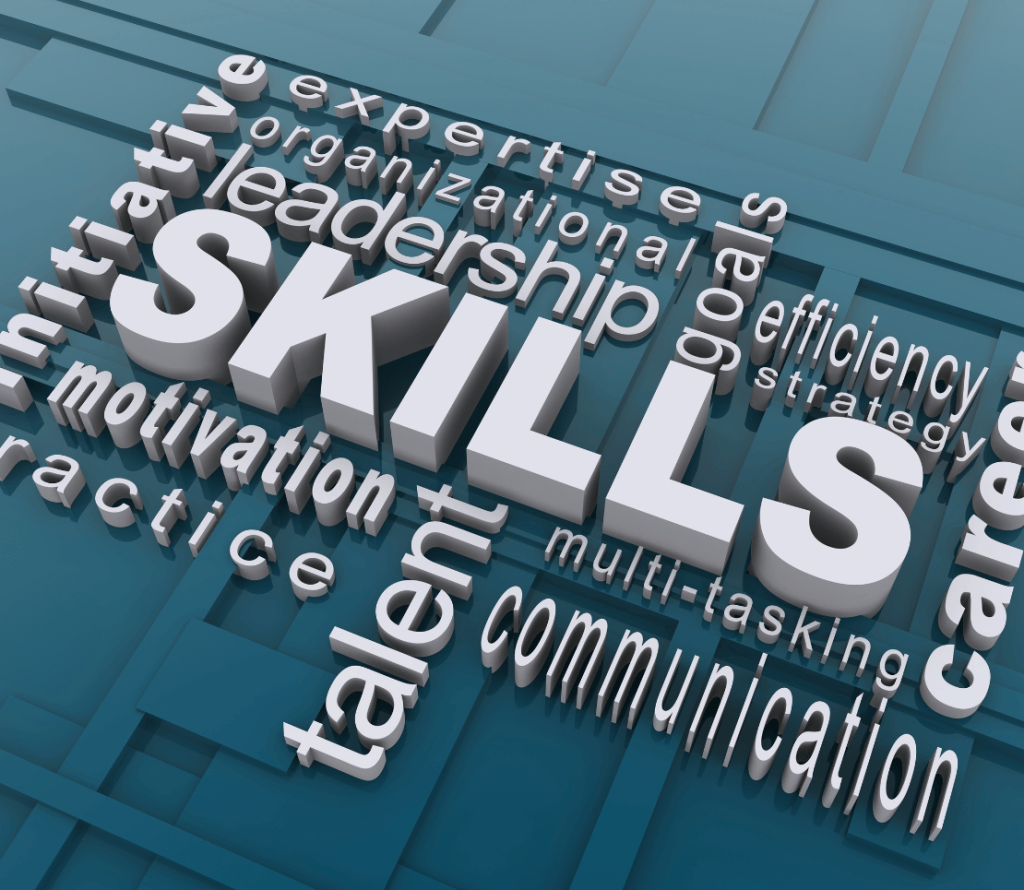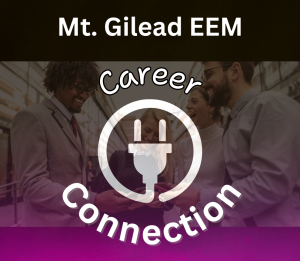Intro
In an ever-evolving job market, distinguishing oneself from the competition is vital. While the specifics may vary across industries, certain universal skills can dramatically increase your employability. Understanding the skills employers are looking for is key to tailoring your resume and interviews effectively. Whether you’re embarking on your career journey or eyeing a pivotal career move, integrating the best skills to add to a resume can make all the difference. But what exactly are these coveted skills? Let’s crack the code and delve into the top 7 skills employers are eager to find in potential candidates.
Communication Skills

In the workplace, the ability to convey ideas and messages clearly and effectively sets the foundation for success. This vital skill is highly sought after by employers who prioritize candidates capable of both expressing their thoughts with clarity and engaging in active listening. From drafting concise, impactful emails to persuading stakeholders through well-structured presentations, communication skills span a broad spectrum. It’s not just about talking or writing; it’s about ensuring your message resonates with diverse audiences, whether they’re team members, clients, or executives. The digital era has further expanded the communication landscape, making proficiency in various platforms and media essential for reaching global audiences. Moreover, adept communicators know how to navigate difficult conversations with tact and sensitivity, ensuring they maintain positive relationships even in challenging circumstances. Being a standout communicator also involves the ability to receive and process feedback constructively, using it as a tool for personal and professional growth. Cultivating these competencies not only enhances your own performance but also contributes to a more cohesive, productive workplace environment.
Problem-Solving Abilities
In the fast-paced world of modern business, the ability to quickly and efficiently solve problems is a game-changer for employers. Problem-solving skills are crucial for identifying the root causes of issues and developing creative, effective resolutions. These skills are especially valued in unpredictable scenarios where traditional methods may not suffice. By showcasing your proficiency in breaking down complex problems, generating alternative solutions, and selecting the most effective course of action, you illustrate your capacity to handle challenges with finesse. This competency is applicable across various situations, from troubleshooting technical glitches to navigating interpersonal conflicts within a team. An aptitude for problem-solving signals to employers that you’re not only a critical thinker but also someone who takes initiative and can be counted on to make informed decisions under pressure. To stand out as a candidate, provide concrete examples of instances where your problem-solving skills led to positive outcomes, emphasizing your methodology and the impact of your actions. This approach not only demonstrates your ability to tackle difficulties but also your commitment to contributing to your future employer’s success through innovative thinking and strategic problem resolution.
Leadership and Teamwork

In the collaborative landscape of modern workplaces, the demand for strong leadership and teamwork skills is paramount. Effective leaders are those who not only guide projects to completion but also empower their teams, fostering an environment where each member feels valued and motivated. Such leaders are adept at recognizing the strengths of individuals and leveraging these to achieve collective goals, all while maintaining a vision that aligns with organizational values. Conversely, teamwork is about harmonizing diverse talents and perspectives towards a unified objective. It entails open communication, mutual respect, and a shared commitment to problem-solving and innovation. Showcasing instances where you have successfully led a team or contributed to a group effort highlights your ability to navigate the complexities of team dynamics. This can significantly bolster your appeal to prospective employers by illustrating your capacity to both lead and collaborate. In today’s multifaceted work environments, the synergy between leadership and teamwork cannot be overstated, as it drives progress, enhances efficiency, and cultivates a culture of inclusivity and respect. By demonstrating these skills, you signal not just your readiness to take on responsibilities but also your dedication to contributing positively to the workplace culture and achieving excellence through collective effort.
Adaptability and Flexibility
In today’s rapidly changing business environment, the ability to quickly pivot in response to unexpected changes stands out as a critical asset. Adaptability and flexibility go beyond merely handling new tasks; they encompass a mindset willing to embrace change, innovate, and approach challenges with a positive outlook. These traits are invaluable when navigating the inevitable shifts in market dynamics, technological advancements, or project scopes. Employers seek individuals who can demonstrate a history of adjusting strategies, adopting new technologies, and thriving in varied settings. Being adaptable means showing eagerness to learn and grow, even outside one’s comfort zone, which can lead to discovering more efficient methods or solutions that benefit the entire organization. Flexibility is similarly crucial when working with diverse teams, as it involves adjusting communication styles and work habits to align with the group’s overall objectives. By illustrating examples of your adaptability and flexibility in action—such as quickly learning a new software to keep a project on track or adjusting your work schedule to collaborate with international teams—you communicate to potential employers your readiness to contribute effectively, regardless of the circumstances. This capability not only ensures you can meet the demands of today’s work environments but also positions you as a resilient and resourceful candidate ready for whatever comes your way.
Technical Proficiencies

In the realm of modern employment, having a grip on technology is non-negotiable. Regardless of the industry, a certain degree of technological literacy is expected. While the necessity for in-depth knowledge varies, a basic understanding of industry-standard software and tools can set a candidate apart. For creative roles, this might mean expertise in graphic design software like Adobe Creative Suite, whereas for analytical positions, proficiency in Excel or data visualization tools could be key. It’s essential to not only list these skills on your resume but also to provide examples of how you’ve applied them in real-world scenarios. This could be through a project that optimized a process, achieved cost savings, or even led a team more efficiently thanks to your technical insight. In sectors where technology is rapidly advancing, showing a willingness and capability to continually update your skill set is equally important. Highlighting your participation in workshops, courses, or certifications can illustrate your commitment to staying ahead of the curve. This adaptability signals to employers that you’re not just prepared for the job at hand but are also an asset for the future, capable of navigating and leveraging technological evolutions to drive the organization forward.
Emotional Intelligence (EQ)
Emotional intelligence, or EQ, is a crucial aspect of professional development that centers on one’s ability to perceive, control, and evaluate emotions. Individuals with high EQ are adept at understanding both their own emotional responses and those of their colleagues, allowing them to manage social interactions and relationships with finesse. This skill set is invaluable in the workplace for several reasons. Firstly, it facilitates effective communication and conflict resolution, enabling individuals to address disagreements or misunderstandings in a way that is constructive rather than divisive. Secondly, emotional intelligence underpins leadership effectiveness. Leaders with high EQ can inspire and motivate their teams, recognize and address the emotional needs of their employees, and create an atmosphere of trust and respect. Furthermore, these emotionally intelligent individuals contribute significantly to building a supportive and collaborative work culture. They can effortlessly navigate the complexities of workplace dynamics, encourage a sense of belonging among team members, and champion initiatives that enhance overall morale and productivity. Employers, recognizing the multifaceted benefits of emotional intelligence, actively seek out candidates who demonstrate a strong capacity for empathy, self-regulation, and social awareness. Highlighting examples of how your EQ has positively impacted your work environment can distinguish you as a candidate who not only excels individually but also elevates the performance and well-being of those around them.
Cultural Competence

Navigating the complexities of today’s multinational work environments demands a high degree of cultural competence. This skill set is not just about avoiding misunderstandings or conflicts; it’s about fostering an atmosphere where diverse perspectives are not only accepted but celebrated. Employers are on the lookout for individuals who show an innate ability to communicate and collaborate effectively with colleagues from a variety of cultural backgrounds. This involves being sensitive to cultural nuances, adapting communication styles accordingly, and showing respect for different viewpoints and traditions. Demonstrating this skill can be as straightforward as sharing experiences where you’ve successfully worked in multicultural teams, facilitated cross-cultural communication, or played a pivotal role in projects that spanned different countries. Additionally, showcasing any language skills or international work experience can further emphasize your capability to operate effectively in a global context. Employers recognize that culturally competent individuals contribute significantly to building teams that are innovative, resilient, and capable of tackling challenges from multiple angles. By illustrating your understanding and appreciation of cultural diversity, you mark yourself as a valuable asset who can drive forward the principles of inclusivity and collaboration in any workplace setting.






